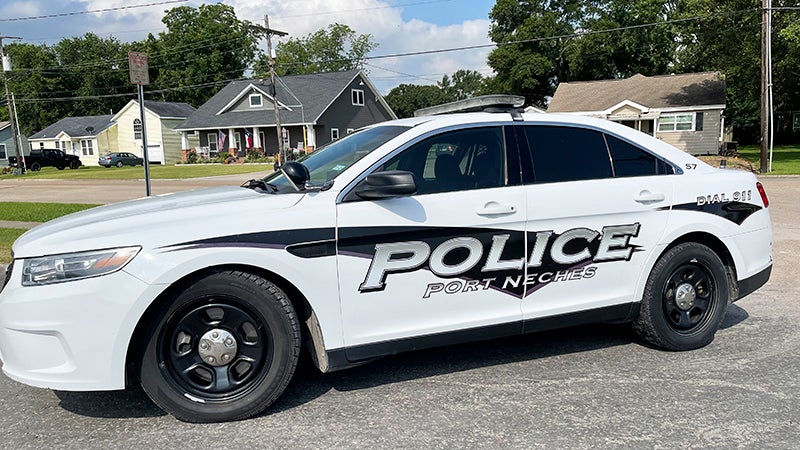From the editor’s notebook: Getting dry after the storm
Published 11:16 am Tuesday, September 12, 2017
When the water began to lap onto the porch late in the evening on Aug. 28, it was time to go.
My house was up high, and I’d seen water in the yard before—and it had gone down. But the porch was high, and the rain was strong and the night was dark—whatever clouds were above us were thick and filled with rain. On the radar, Port Arthur was under a nasty patch of dark red.
It was time to go.
My girlfriend, visiting from Chicago, and I grabbed granola, computers and a change of clothes. I left the cat, her food and water placed high on a table. I didn’t know where we would be going and I didn’t know whether they would allow animals and, anyway, how bad could it get?
We found a room at the Baymont, though they would not allow anyone on the second floor—all those rooms were pre-booked for industry. But after 45 minutes, water crept under the door and it was rising in the tub. We stashed our stuff on the highest shelves and waded ankle deep into the lobby to try—again—for a second story room. With little choice in the matter, the second story opened up.
High in the new room, I fell asleep.
The rain kept pouring.
When I awoke, the air was still and the room was dark. The electricity had failed sometime in the night. I pulled back a curtain. All I saw as water, as far as I could see.
The car was lost, of course. Not that there was anywhere to go.
So began a time of waiting and it was days of uncertainty.
That morning, I waded through the chest-high water to rescue our things from the first room the night earlier. Everything was fine, if you discounted the bed, floating in the room. I pushed past it and to rescue our dry things.
Most of the hotel’s electricity was out. The only food was white bread and bagels, and so I took a few slices of bread and a bagel.
The rain continued to fall.
Over the next three days, boats would stop by. I asked a man piloting one of the rescue boats where he was taking everyone. He said he was taking people to higher ground. I asked what happened after that. He said he didn’t know. He said cars would take people; he didn’t know where.
Meanwhile, I tried to interview people by phone. I talked to people at the hotel. Of course, no one knew any more than I did, and I didn’t know anything.
On Aug. 31 the last of the hotel’s electricity died—meaning I could no longer work at all when the batteries died. Without electricity and still without food, we took up an offer of a boat rescue. The rain had at least stopped and, standing on top of an overpass on Highway 73, the scene seemed almost beautiful. For as far as I could see down 9th Avenue, the water glowed in the morning light.
We did not know where to go or what to do. The shelters were all filled.
As it happened, Port Arthur’s tragedy had grown to an international story. A large truck pulled up next to us and a photographer with professional gear hopped out and began taking photos of 9th Avenue. It really was a pretty sight.
I introduced myself and met a couple of reporters from the Daily Mail, the British newspaper. I asked for a ride for my girlfriend and myself and in exchange I’d help navigate them around town.
As they drove, I sat in the back of an open pickup truck, making reservations for a car in Lake Charles. For the rest of the day, I went with the journalists through flooded neighborhoods and shelters, interviewing people and enjoying the chance to think about something besides my own problems. Mostly I was thankful to be able to help people tell their stories and to let them know people care to know what they’ve gone through. In the midst of this tragedy, was at least happy I was able to help in some small way.
By inches, my world was returning to normal and for that, I was thankful.
Since that day on the road with the Daily Mail journalists, I have heard some tremendous stories and I have been moved by the struggles and by the good we’ve been able to report.
We are still not through the ordeal. Heck, some of us have a long, long way to go before we are out of this rotten mess. We are all still so fragile. But we’re still here, the lights are back on and we are, as always, ready to help.





